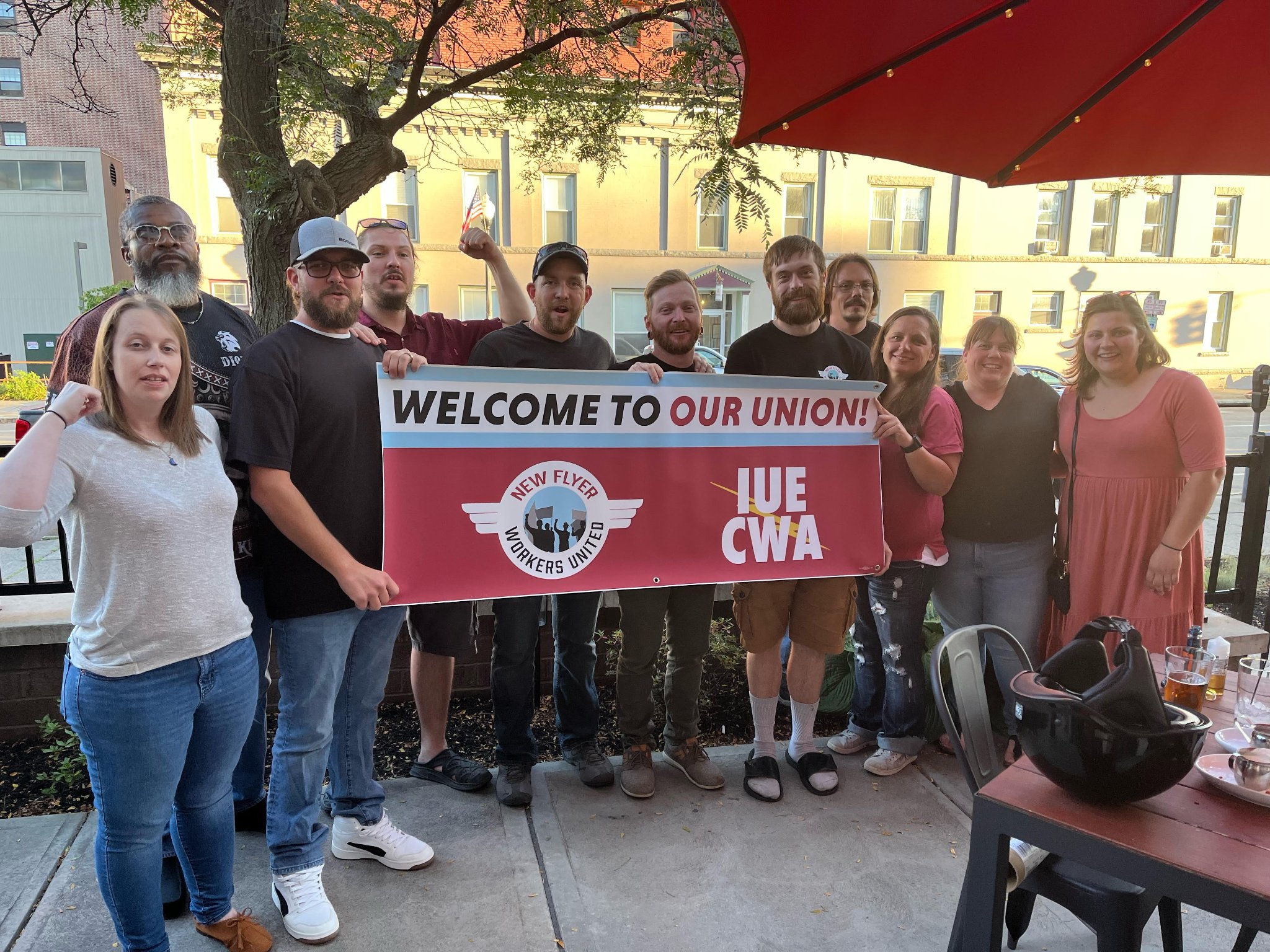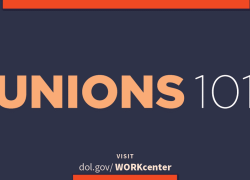
Workers across the country, from the tech sector to universities, and from warehouses to non-profits, are excited about unionizing. Election petitions to vote on forming unions are up by 53 percent over the last year and polling suggests that more workers approve of unions today than any time since 1965. It’s no wonder since study after study shows that there’s a “union advantage” for workers who are members of labor unions – for women, for workers of color, and for young workers, just to name a few. Unions are also important to the U.S. Department of Labor. Empowered workers help the department fulfill its mission because these workers are more likely to know and act on their workplace rights, helping ensure better compliance with workplace laws.
Some employers, too, are embracing the benefits of labor unions. They’re choosing neutrality in response to organizing campaigns, respecting their workers’ choice of whether they want to form a union, and embracing their role at the bargaining table to facilitate landing a first contract – a key milestone in union organizing efforts. They’re doing so because they recognize that when workers decide they would be best served by forming a union, that choice should be honored –
What are neutrality and voluntary recognition?
So, what do neutrality and voluntary recognition mean and what are the advantages for workers and employers? Employer neutrality means that the employer stays neutral when workers choose to organize and does not take a position on how workers should vote, either pro or con. Employers who stay neutral are respecting the intent of our labor law, which is for workers to have a free and fair choice on union representation. Voluntary recognition is one of two paths for workers to win union representation at their workplace under U.S. labor law. When a majority of workers sign cards stating that they want union representation, workers can ask their employer to recognize their union without workers having to go through the formal representation election process. It is a quicker process for gaining union representation and beginning negotiations for a contract, and starts the labor-management relationship on more positive footing.
Under current law, employers are generally not required to recognize a union based on the signatures of a majority of workers showing support for a union. Instead, employers can insist on workers filing a petition for a representation election. This can delay the unionization process and gives employers time to campaign against the union, which usually involves a long, costly process and may include unlawful interference on the part of the employer.
Why does neutrality matter?
The case for neutrality is clear: workers and companies do better when worker choice is respected: Unionized workplaces have stronger safety practices, better retention rates and higher productivity overall ‒ all benefits that translate into stronger businesses. When workers have access to good jobs, the service they provide improves, increasing customer satisfaction. For example, unionized nursing homes had lower death rates during the COVID-19 pandemic, demonstrating how residents benefited from unionized workers.
The bottom line is that unionized workplaces benefit both workers and employers, and employers remaining neutral in organizing campaigns and voluntarily recognizing a union can start the labor-management relationship off on a collaborative note. In future blog posts, we will explore companies that have chosen this path, and discuss resources that can help other companies move forward productively.
Cassandra Robertson is acting deputy assistant secretary for research and evaluation, Office of the Assistant Secretary for Policy.
Trudy Rebert is a policy advisor in the Office of the Assistant Secretary for Policy.
Lynn Rhinehart is a senior counselor in the Office of the Secretary.

 U.S. Department of Labor Blog
U.S. Department of Labor Blog




